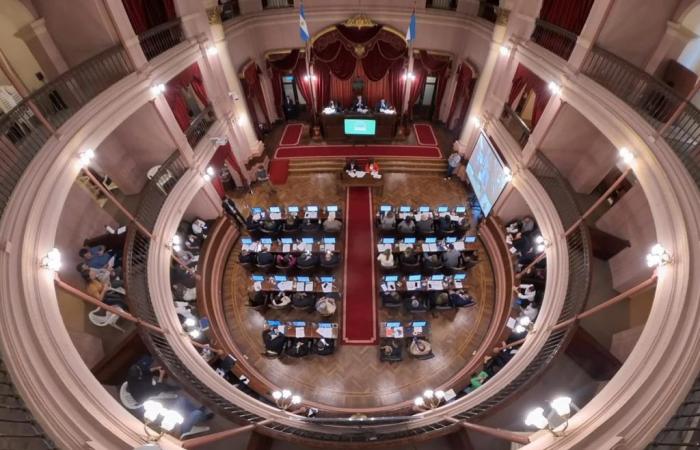First of all, the project defines a cultural center as a multifunctional space where artistic events such as shows, festivals, exhibitions, workshops, classes and more can be held. It can’t be primarily a dance venue.
Secondly, the initiative classifies these spaces according to the number of people they can accommodate:
-Class A1: Up to 150 people.
-Class B2: From 151 to 300 people (maximum 500 m²).
-Class C3: From 301 to 500 people (maximum 1000 m²).
-Class D4: More than 501 people (more than 1000 m²).
Registration and qualification
Cultural centers must be registered in the “Registry of Cultural Uses” of the Ministry of Culture of the Province and individuals, cooperatives, civil associations, mutual societies or companies can register, even if they are in the process of being established.
The spaces may operate while they process their authorization, but they cannot have more than 150 people and must follow the rules of the law. It is necessary to be registered in the registry.
They may also have complementary activities such as a cafe, bar, restaurant, recording studio and art galleries, complying with current regulations. Certain uses will be allowed without additional authorization, such as the sale of books and records, art galleries, and libraries, as long as they do not occupy more than 30% of the total space. They may also offer food and drinks, complying with current regulations.
Cultural centers must be accessible to everyone and any additional installations, such as heating or air conditioning, must follow current standards.
It should be noted that this rule proposes that cultural centers in the province will have tax exemptions and rate reductions. The Ministry of Culture will take care of this.
On the other hand, the light and sound systems must be operated from a secure cabin in larger centers (Class B2, C3 and D4). In the smallest ones (Class A1), they can be anywhere.
In addition, spaces must have a first aid kit.
Cultural centers must submit an activity report every six months to the Provincial Secretary of Culture and a period of two years will be given from the promulgation of this law for the centers to adapt to the new regulations.






